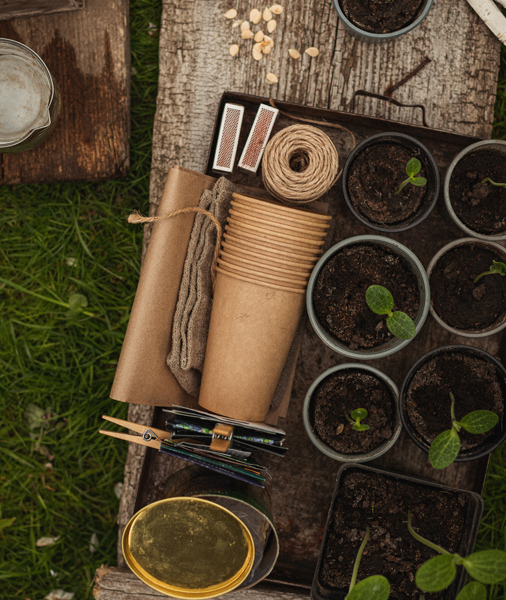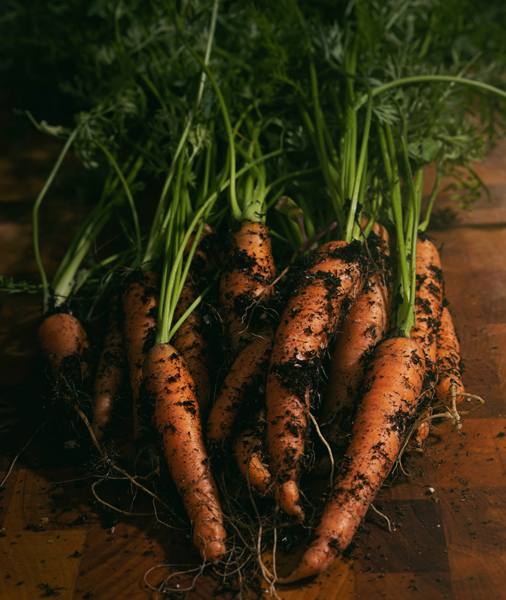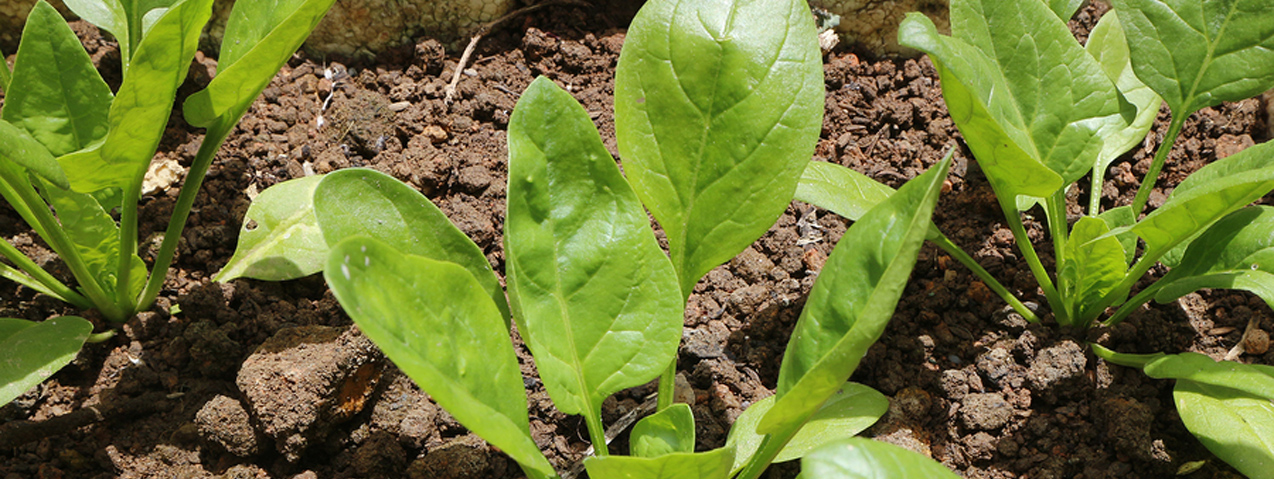With the longer spring days setting in and the extra time off over Easter weekend, it’s the ideal opportunity to get out in the garden and sow seeds. Plus, there’s no better feeling than enjoying the fruits of your labour and cooking with delicious home-grown vegetables once they’re ready to be harvested later in the year!
Learn how to sow seeds for vegetable gardens, helping you achieve a rich and varied garden oasis this spring and beyond.
How to sow seeds
Once you’ve completed any maintenance required to prepare your garden for spring, including mowing the lawn, planting summer-flowering bulbs and topping up raised beds with compost and quality topsoil, you can start sowing seeds.
Several vegetables can be planted in March and April, making this the perfect Easter activity. Discover our tips for sowing seeds indoors and outdoors in spring.
Sowing seeds indoors

Want to get a head start on your veg patch? Use seed trays to start your seedlings off indoors while the weather is still frosty between January and early March. Once your seedlings get tall enough and the weather warms up, you can plant them outside (late March/early April) – whether in the ground, a vegetable patch, deep plant pots or troughs.
Sowing seeds outdoors
Before sowing vegetable seeds outdoors (direct sowing), check the seed packet to ensure the plant is suitable for this method. Be sure to leave sufficient space between each seed or seedling for the adult plant to thrive. This may vary depending on what vegetables you are planting and how big they will grow.
The best vegetables to plant this spring

With so many vegetables to choose from, it can be tricky to know where to begin. To help you get started, we’ve chosen five of the best seeds for a garden, including carrots, spinach and onions.
1. Carrots
Carrots are one of the easiest vegetables to grow, as they don’t need watering often and are fairly drought-resistant. However, they must be grown in sunny areas with fertile and well-drained soil.
We recommend sowing your carrot seeds or seedlings 1cm deep in rows 15cm to 30cm apart, helping them grow to their maximum potential.
2. Spinach
Spinach requires a little more preparation and maintenance to ensure healthy growth; it’s well worth it for the continuous crop you’ll get. Dig in two bucketfuls of garden compost and 150g of fertiliser per square metre to prepare the soil.
Sow your seeds or seedlings 2.5cm deep in rows around 20cm apart. Make sure to keep your spinach well-watered during dry periods over the summer.
3. Shallots and onions
As soon as the warmer weather starts to set in, you can begin planting shallots and onions outdoors. If you’re planting from seed, sow them at a depth of around 1cm, leaving 30cm between each. Ensure you sow them in well-drained soil that has full sunlight.
Once they’re large enough to handle, or if you’re planting more established bulbs that have been growing in your greenhouse or indoors over the winter, it’s worth thinning the seedlings out to give them more space to thrive.
4. Cauliflower
Cauliflowers should be grown in very fertile, alkaline soil with good drainage. The best results come from sowing them indoors in cell trays first, using good-quality compost. Sow cauliflower seeds at least 2cm deep.
When planting the seedlings outdoors, sow in rows around 15cm apart for mini cauliflowers or 60cm for larger varieties. Water your cauliflowers consistently (every 10 days or so during dry weather).
Now you’re ready to start sowing, explore our range of garden tools to ensure you have everything you need. Looking for more things to do this Easter? From cooking to crafts and home décor, check out these related articles on our blog:
- Recipes for an Easter feast
- How to prepare your home for Easter

